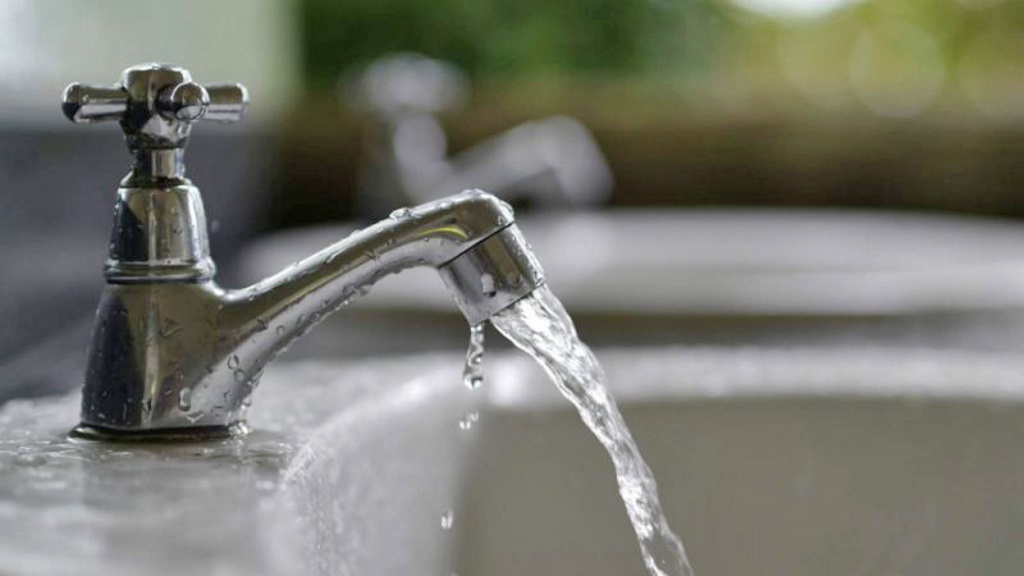Three Waikato councils have reached potential agreement on a major shake-up of water services across the Waikato – but won’t push the go button until the public have their say.
Hamilton City, Waipa and Waikato District Councils have unveiled a possible agreement to form a ratepayer-owned water company. The tentative agreement, negotiated by nine councillors (three from each council) will be publicly discussed by Waikato District Council on Wednesday (June 29). The other two councils meet in July.
If it goes ahead a joint water organisation will be set up, run by an independent Board of Directors, to manage water and wastewater infrastructure in the region. The organisation would be owned by the three councils, with Hamilton City the biggest shareholder. No other councils or shareholders would be involved.
If each council signs off the agreement, three new councils elected this October will reconsider the issue and decide whether to proceed. By law councils could not make a final decision to form a company until the public are consulted, probably next year.
An independent report received by the councils last year said a single-focused water entity, set up as a council-controlled organisation (CCO) would save more than $100 million over 10 years across the region and unlock major economic advantages. The report also said a water company would focus more strongly on environmental issues and build a more resilient waters network across the region.
Waikato mayor Allan Sanson said the proposed agreement represents “give and take” from all three councils and echoes some “hard conversations” about putting boundaries aside in the best interests of ratepayers and water customers.
“We’re all obliged, by law, to deliver water infrastructure in the most cost-effective and efficient way; there’s no argument about that,” Sanson said.
“The government is sending a very clear message that councils need to up their game in this area. In this region, we’re facing huge growth and will be forced to invest millions of dollars in water infrastructure to cope. We need to be smart in how we do that and to me it makes sense to leverage economies of scale and do that collaboratively.”
Sanson said Waikato district ratepayers would save $28 million over 10 years by changing the way water and wastewater services were delivered. Under the proposed agreement the councils would retain ownership of stormwater assets, but outsource their management to the CCO. Councils would continue to be directly responsible for all other services they currently provide, including roading.
“Water is just part of our business but it’s a big, very important part. If we get water infrastructure right, and run it as cost-effectively and responsibly as we can, our communities succeed. If we don’t, we all lose.”
Sanson said he was aware some people wanted his council to simply “get on with it”. The three councils had already agreed to forming a joint water organisation in principle, but that’s as far as they can go, he said.
“No decisions can be made until the public has had a say – that’s the law and that’s entirely appropriate. Even if we tick this off on Wednesday, the new council elected in October will need to confirm that decision and then go out and consult the public.”
Key elements of a proposed agreement for a Hamilton-Waipa-Waikato water company:
- A water company would be a council-controlled organisation (CCO) and would be 100 per cent owned by the three councils. There would be no other shareholders.
- The CCO would own the water and waste water assets of each council and would take over all existing water and wastewater related debt.
- The CCO would run water and wastewater on a day-to-day basis. But a Shareholders’ Forum, made up of elected councillors would also set rules about what the CCO could and couldn’t do.
- The CCO would have an independent Board of Directors. Elected Councillors would not be permitted to sit on the Board.



